In the realm of food sensitivities, cucumbers might not be the first suspect that comes to mind. However, the surprising truth is that some individuals can indeed be intolerant to this crisp and refreshing vegetable. Before you panic about your salad choices, let’s dive into the details of cucumber intolerance, distinguishing it from allergies, exploring potential causes, and understanding the symptoms that might accompany it.
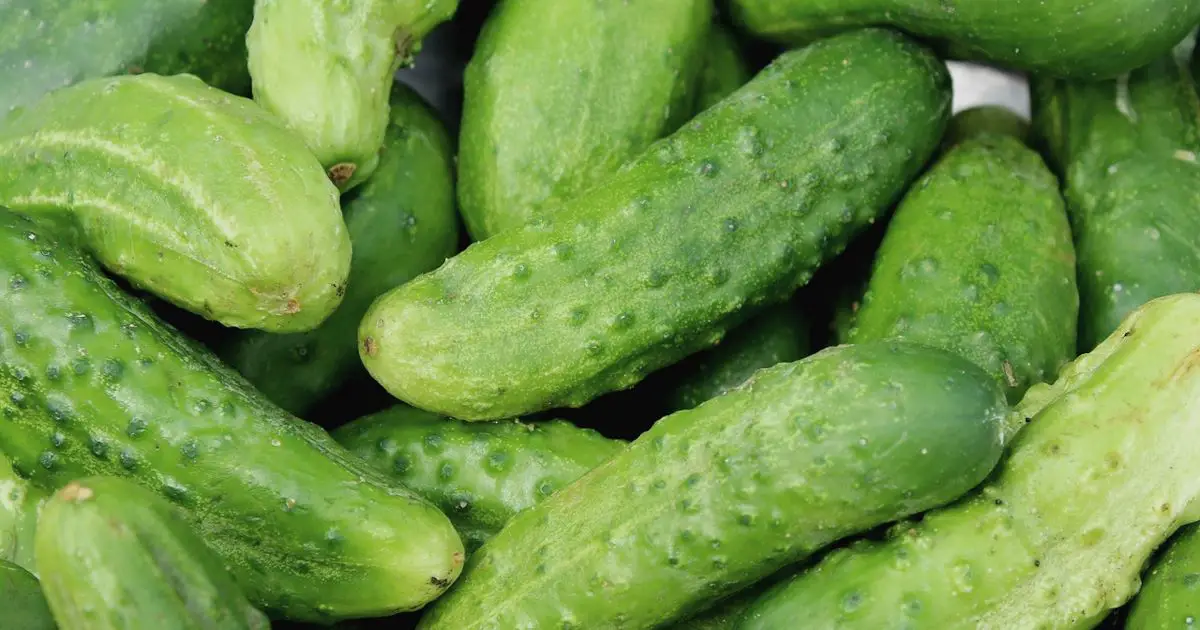
Table of Contents
Can you be intolerant to cucumber?
Yes, it is possible to have an intolerance to cucumbers. Cucumber intolerance signifies that your body has difficulty processing certain components of the cucumber, leading to non-allergic symptoms. It’s important to distinguish cucumber intolerance from cucumber allergies.
Cucumber Intolerance vs Allergy

Cucumber intolerance occurs when the body struggles to process specific components of a cucumber, leading to non-allergic symptoms like stomach pain or bloating.
A cucumber allergy occurs when the immune system becomes activated upon exposure to cucumbers, leading to symptoms associated with allergies such as itching, hives, or even difficulty breathing.
Cucumber Intolerance Causes
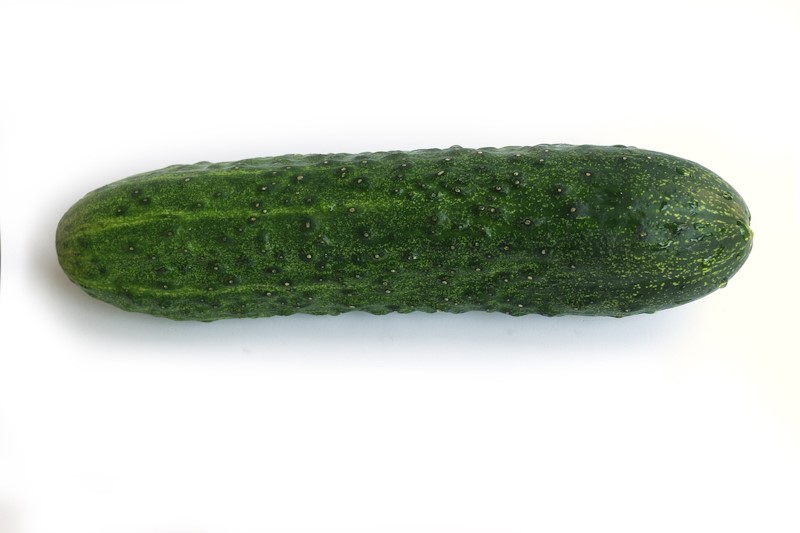
Understanding why some individuals develop food intolerances while others do not is a complex and not entirely understood matter. Nonetheless, various factors may contribute to the onset of cucumber intolerance:
Cucurbitacin Sensitivity
Cucurbitacin sensitivity refers to an increased reaction to cucurbitacin, a bitter-tasting compound present in cucumbers and other members of the gourd family, collectively known as “Cucurbitaceae“.
Cucurbitacin sensitivity could manifest as digestive discomfort, such as nausea, stomach cramps, or diarrhea, particularly in individuals who are more susceptible to the effects of this compound.
Foods Containing Cucurbitacin
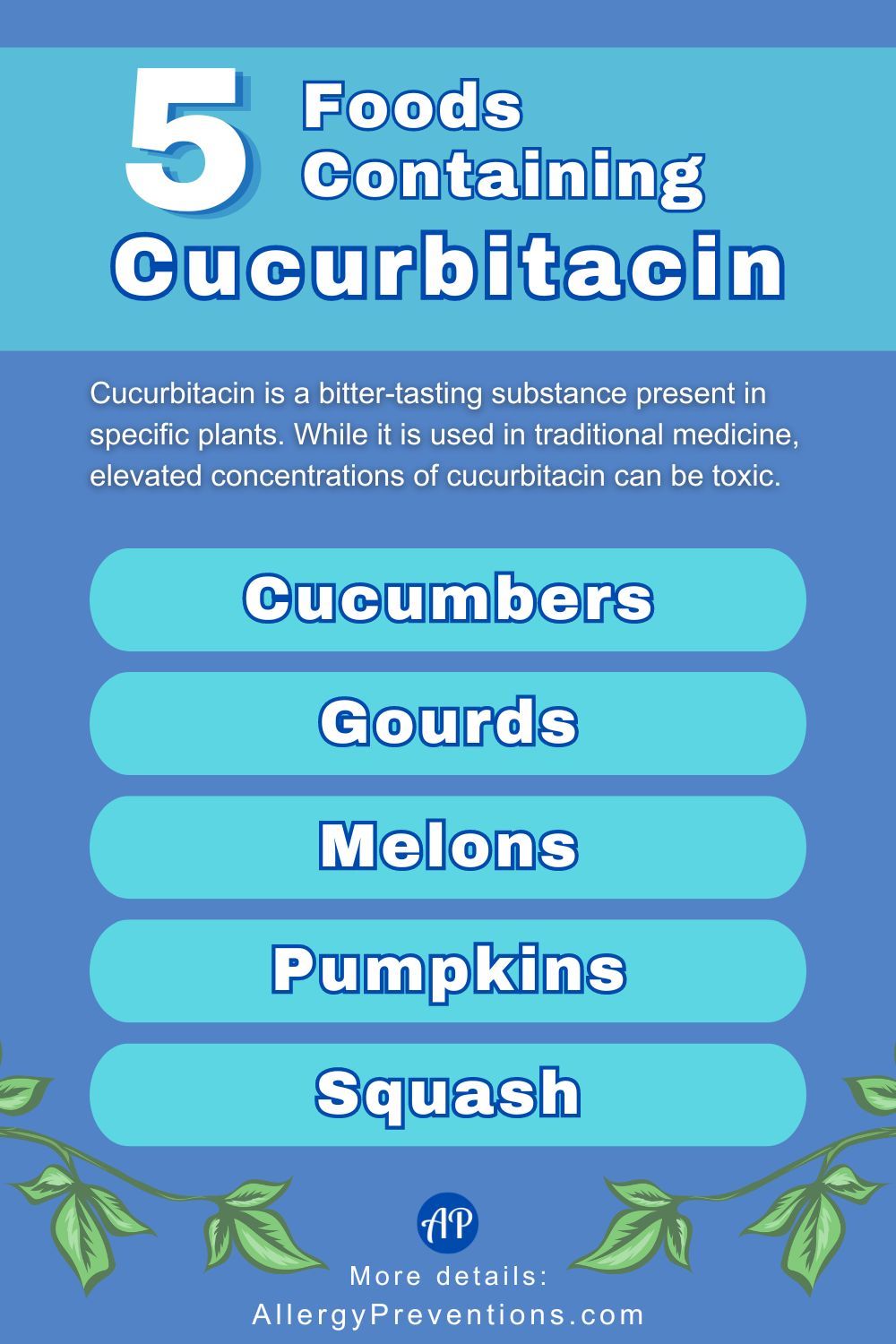
Cucurbitacin content can vary among different plants and growing conditions, here is a list of foods that typically contain cucurbitacin:
- Cucumbers
- Gourds
- Melons
- Pumpkins
- Squash
Digestive Conditions
Digestive issues like irritable bowel syndrome, leaky gut, or compromised enzyme function may play a role in the development of cucumber intolerance. In such cases, undigested cucumber elements can potentially enter the bloodstream, triggering sensitivities.
Psychological Intolerance
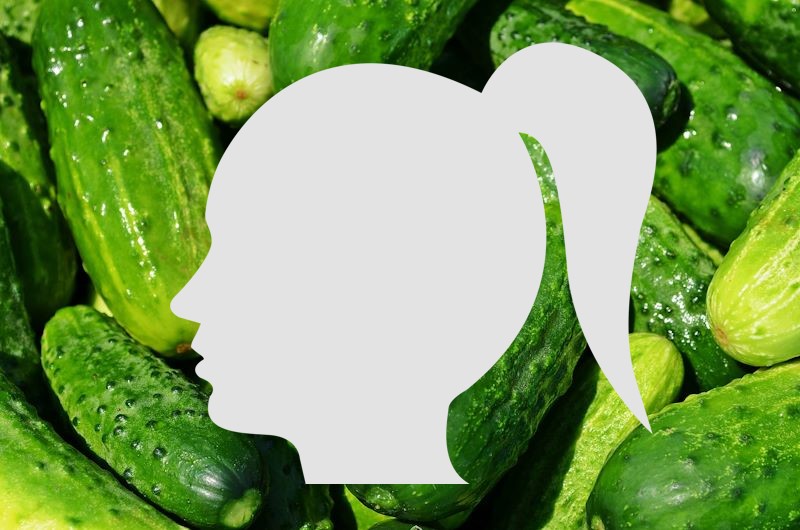
A psychological intolerance to cucumbers occurs when your mind signals you to avoid them, even though there is no physical impediment to consuming this vegetable. This may arise if you dislike the taste or have a digestive condition, leading your body to reject cucumbers.
Symptoms of Cucumber Intolerance
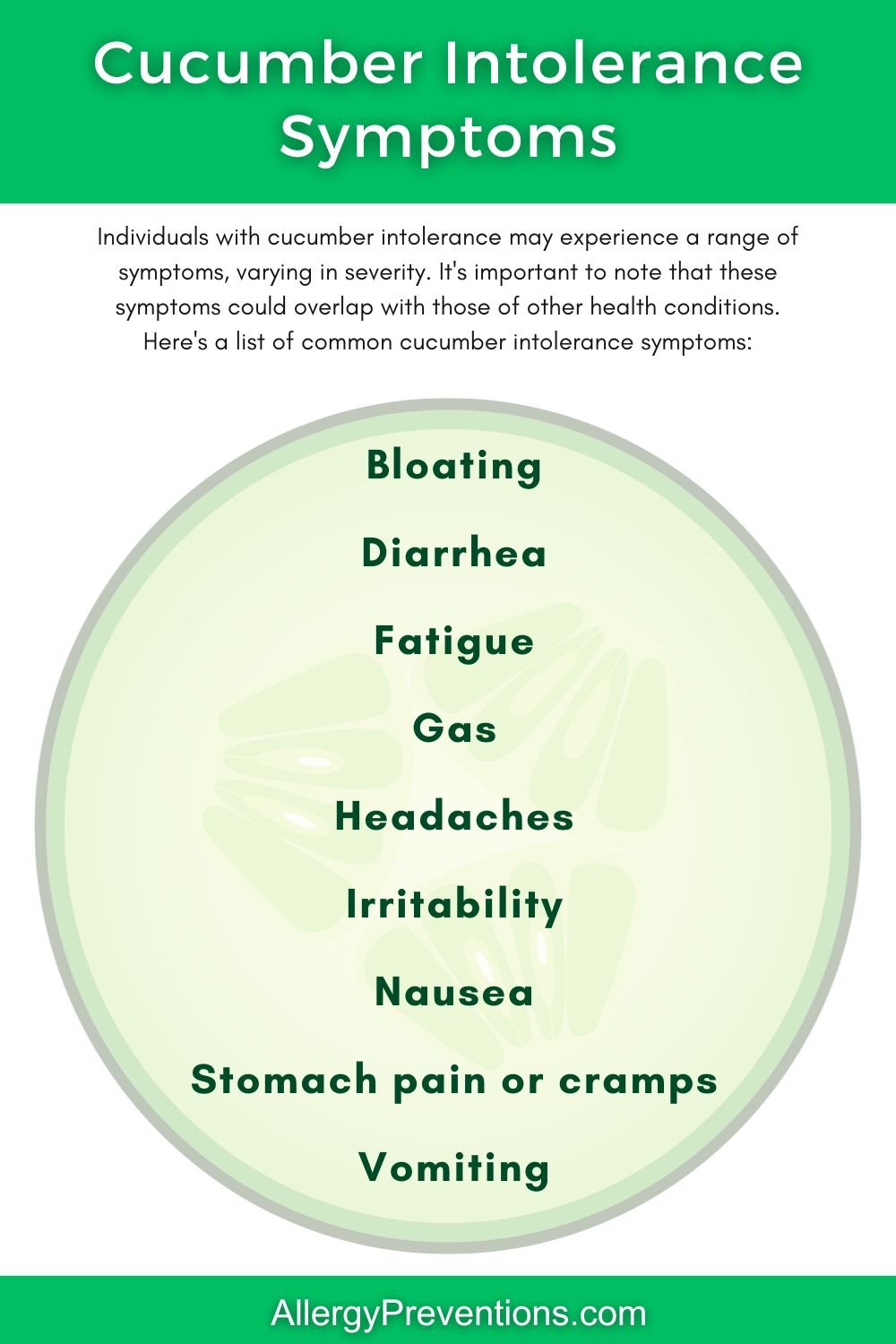
People who have an intolerance or sensitivity to cucumbers might encounter a spectrum of symptoms, which can differ in severity. It’s crucial to acknowledge that these symptoms may coincide with other gastrointestinal conditions. Here is a list of the common symptoms of cucumber intolerance:
- Bloating
- Diarrhea
- Fatigue
- Gas
- Headaches
- Irritability
- Nausea
- Stomach pain or cramps
- Vomiting
Diagnosing Cucumber Intolerance
Determining a cucumber intolerance or sensitivity usually entails a comprehensive process, combining a review of medical history, analysis of symptoms, and, in certain instances, specific tests. The following are the typical steps a healthcare provider may follow to diagnose cucumber sensitivities.
Review of Medical History

Your doctor will examine your medical history, encompassing symptoms, past reactions, dietary patterns, and any family history of cucumber intolerance. This thorough review aims to enhance their understanding of your condition, assisting in arriving at an accurate diagnosis or determining the appropriate course of action.
Elimination Diet
The elimination diet requires a temporary exclusion of cucumbers and cucumber-based items from your meals to assess whether your symptoms show any improvement. If your symptoms diminish during this elimination phase and resurface upon reintroducing cucumbers, it could indicate an intolerance or sensitivity to cucumbers.
Allergy Testing
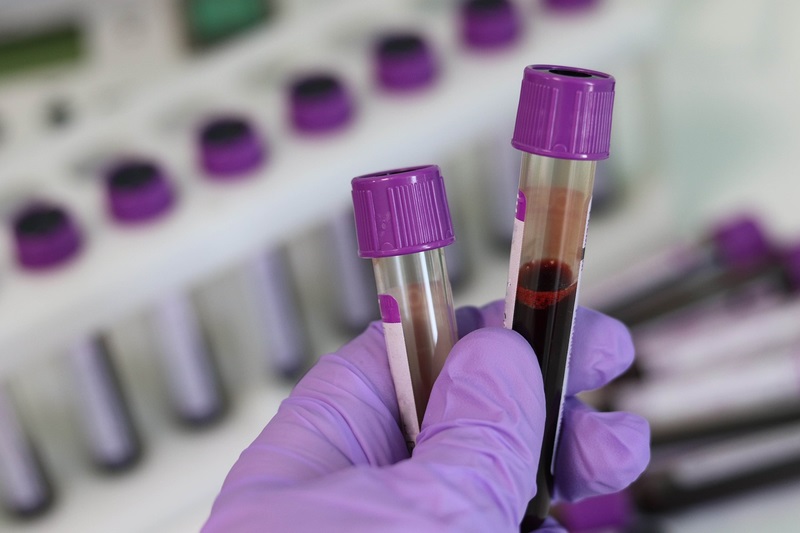
A test for cucumber allergy may be administered to confirm the absence of such an allergy. Occasionally, symptoms of intolerance and allergy can overlap, posing challenges in diagnosis. This test serves to eliminate the possibility of an allergy.
Medical Imaging

Medical imaging can be employed to indirectly identify cucumber intolerance, as reactions may not always be evident through standard imaging methods. Given that cucumber sensitivities affect the intestines, procedures like endoscopy or CT scans may be utilized.
These tests enable medical professionals to examine the gastrointestinal tract for any abnormalities that could be causing symptoms resembling food intolerance.
Imaging will help visualize the digestive organs and identify any abnormalities, but will not specifically point to a cucumber intolerance.
Treatment and Prevention
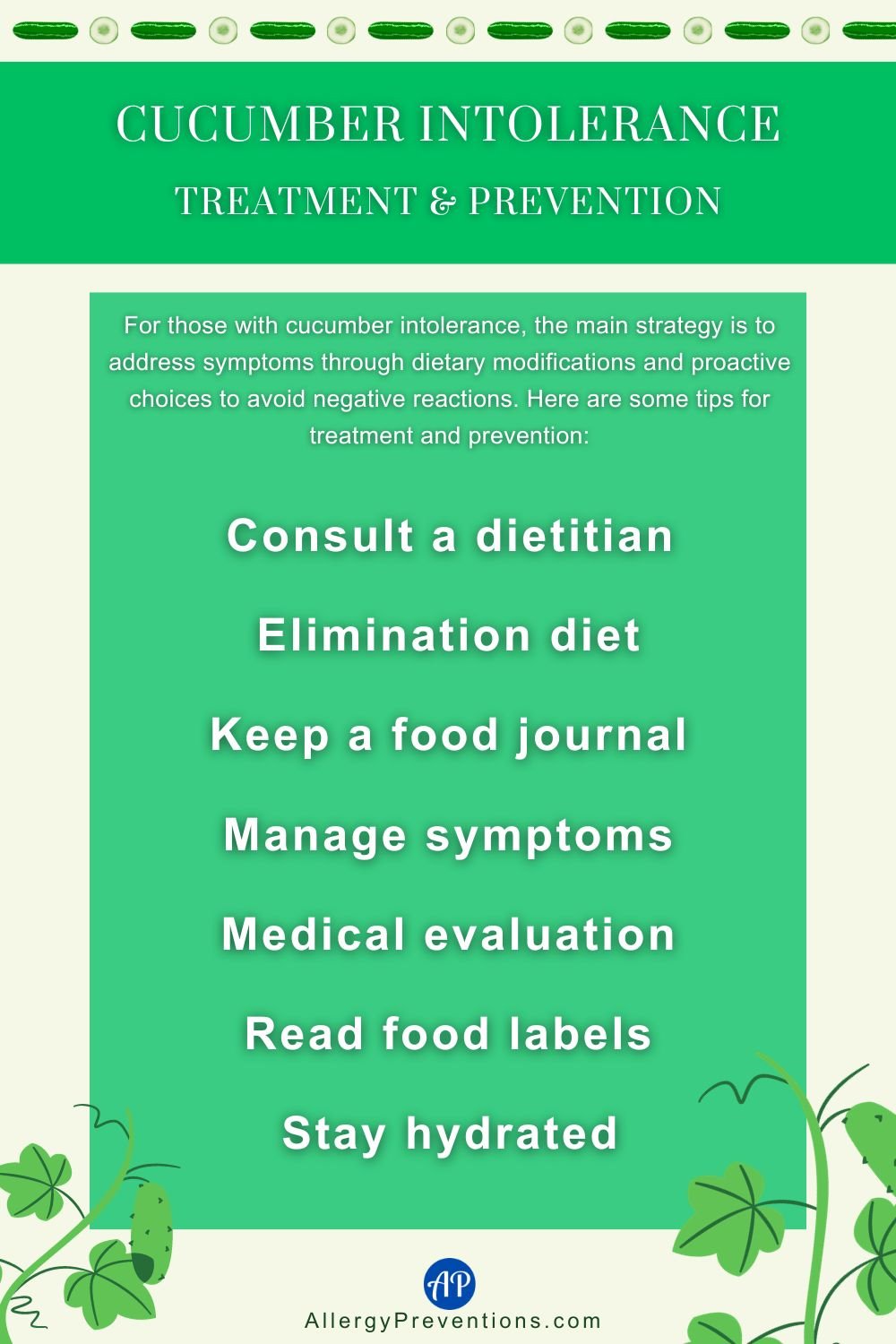
For individuals with cucumber intolerance, the primary approach involves managing symptoms through dietary adjustments and making choices to prevent adverse reactions. Here are some treatment and prevention tips:
- Consult a dietitian: Seek guidance from a registered dietitian or nutritionist who can help you plan a well-balanced diet that excludes cucumbers.
- Elimination diet: Identify and eliminate cucumbers and cucumber-containing products from your diet.
- Keep a food journal: Keep a food diary to track your symptoms and identify potential triggers.
- Manage symptoms: Over-the-counter medications may help alleviate specific symptoms, such as digestive discomfort or bloating.
- Medical evaluation: Consult a healthcare professional for a comprehensive evaluation. They can rule out other potential causes and provide appropriate medical advice.
- Read food labels: Be vigilant about reading food labels to avoid hidden sources of cucumber, such as pickles, relishes, or certain sauces.
- Stay hydrated: Drink plenty of water to stay hydrated, especially if you experience diarrhea or other gastrointestinal symptoms.
Summary
For a cucumber intolerance, there is no one-size-fits-all solution. Personalized guidance from healthcare professionals is paramount for effective management. What is your experience with cucumber sensitivities, do you think you may actually have a cucumber allergy?
Check out the cucumber allergy article or feel free to share your intolerance story. Send me an email at: chris@allergypreventions.com

